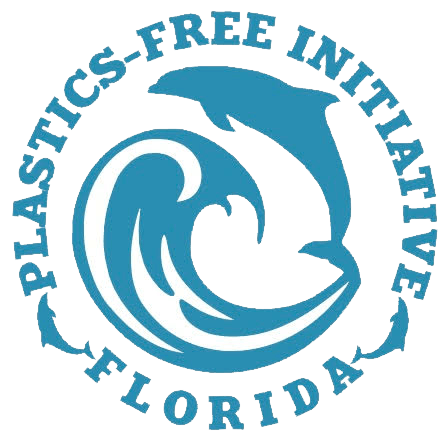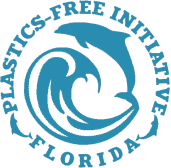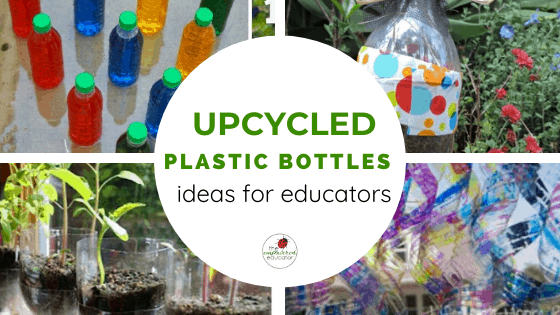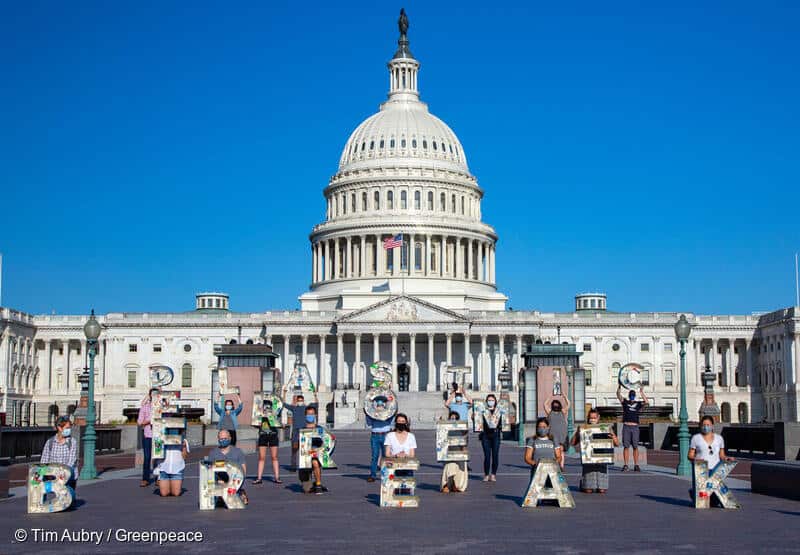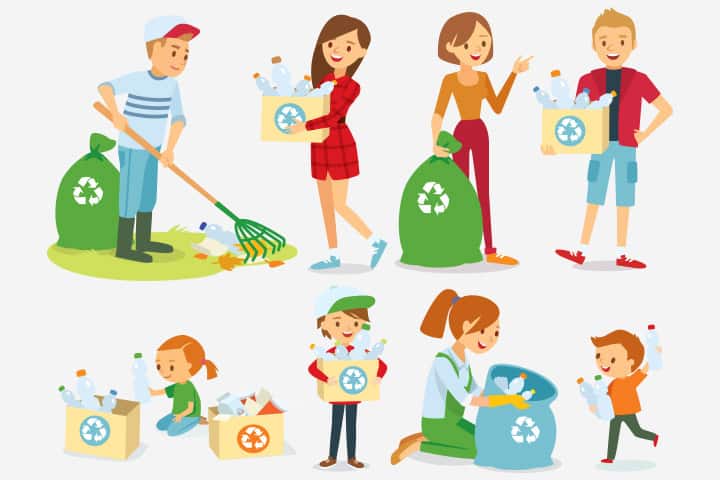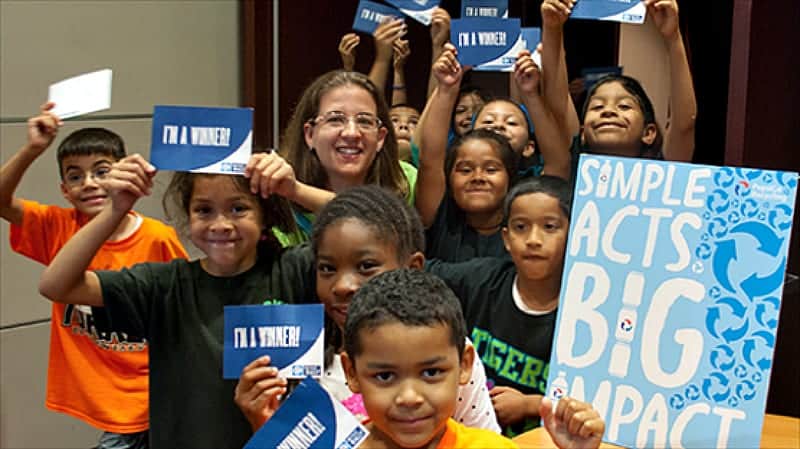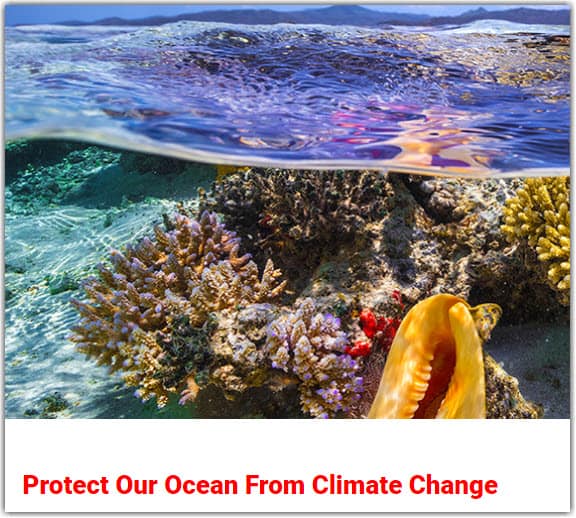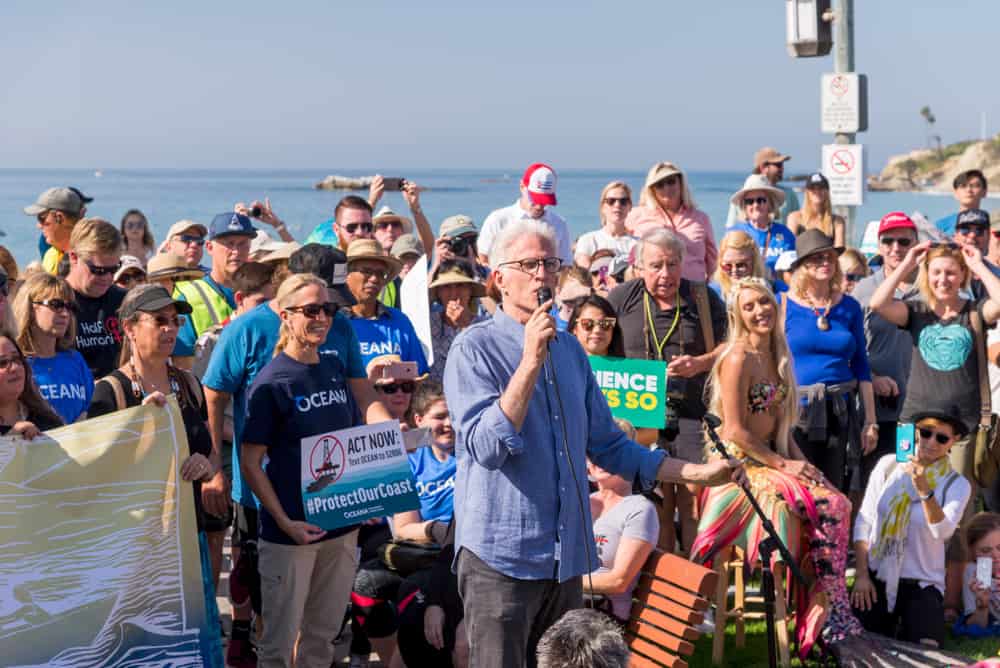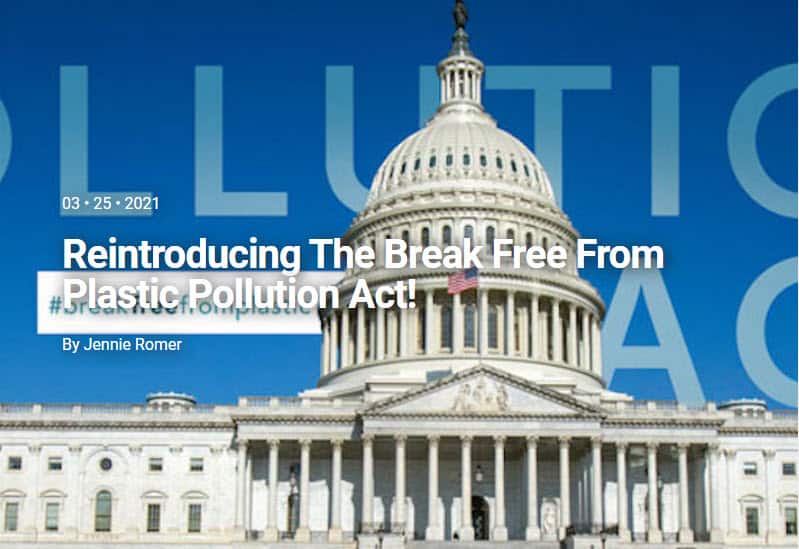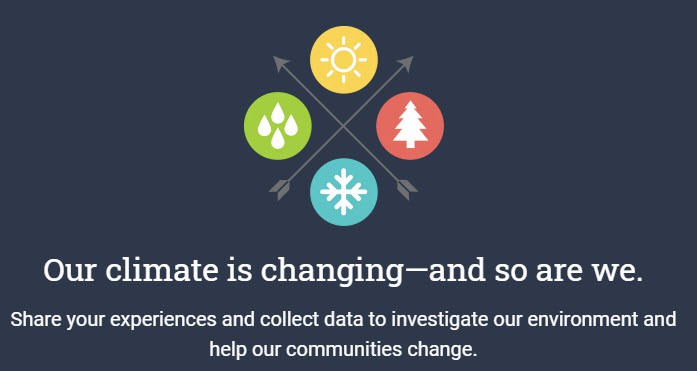If you have been throwing those empty juice, water and soft drink bottles into the bin then STOP right there because today I’m sharing 16 easy ways to recycle plastic bottles for play!
Month: March 2021
Support the Break Free From Plastic Pollution Act!
The petrochemical industry and the pollution it creates disproportionately harms people of color and low-income communities. Every year, the United States alone burns or buries in landfill 32 million tons of plastic, impacting the health, wealth, and well-being of frontline and fenceline communities. In fact, the U.S. produces the most plastic waste per capita of any country, and exports much of this waste to the Global South. An astounding 91% of plastic is never recycled.
Top 20 Recycling Games And Activities For Kids
How To: This scavenger hunt requires children to find recyclable items. Make a list of all the recyclable items that the players have to find. You can even assign a time limit for the task. 30 minutes would be more than enough.
29 Ideas Big and Small to Bring Recycling Into the Classroom
Help your students take recycling to a whole new level in your classroom with these inspirational ideas and projects. Recycling in your classroom can easily be made a daily activity.
Stop using Plastic Bags, Publix
Help keep millions of single-use plastic bags out of our environment by demanding that Publix eliminate their use of single-use plastic bags at checkout.
Protect Our Ocean From Climate Change
Climate change is altering our ocean and the essential services it provides us—such as a livable climate, fish to eat and important industries like shipping and tourism. But the ocean isn’t only a victim of climate change, it’s also a powerful source of solutions. It can help slow climate change by providing offshore renewable energy and natural carbon storage in critical coastal ecosystems like wetlands and mangrove swamps.
10 Ways You Can Help Save the Oceans
Oceans cover 71 percent of the planet and are home to important species and ecosystems that we rely on for food, livelihoods, climate regulation and more. But the oceans need our help. Saving the oceans can sometimes feel like an overwhelming task, but if we all pitch in, we can make a big difference.
Reintroducing The Break Free From Plastic Pollution Act!
The federal Break Free From Plastic Pollution Act (BFFPPA) was reintroduced (S. 984) by Sen. Jeff Merkley (D-OR) and Rep. Alan Lowenthal (D-CA). The Surfrider Foundation has been involved with BFFPPA since its inception and we have been working closely on this reintroduction. The priorities that Surfrider focused on for the reintroduced bill included pushing for incentivizing reuse / refill models, strengthening the definition of reusable bag, addressing toxics more broadly, and closing the loophole for plastic waste exports. We’re happy to report that each of these priorities were addressed in the reintroduced bill.
Why does water remain on our streets after a rainstorm?
There are a number of reasons! There are a number of reasons! In residential areas with urban streets, stormwater is conveyed along paved roadways with curb and gutter and into the storm sewer system through inlets or catch basins.
Recycling Myth of the Month: Plastic waste is not just a ‘developing country problem’
When the subject of plastic pollution comes up in the United States, Europe, or other Western countries, many people’s first instinct is to dodge responsibility and pass the blame onto other nations.
